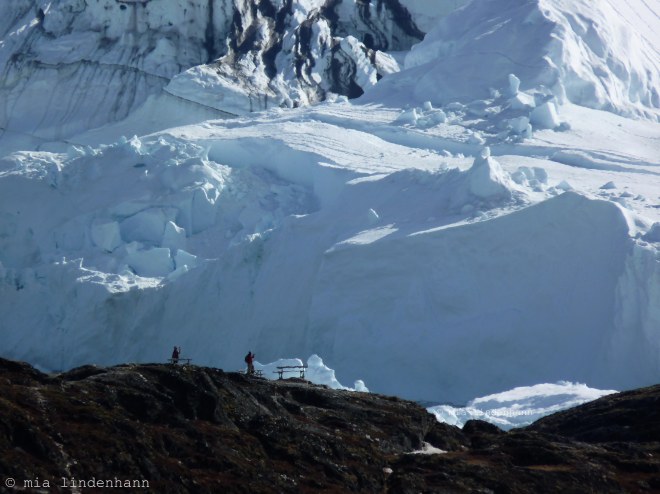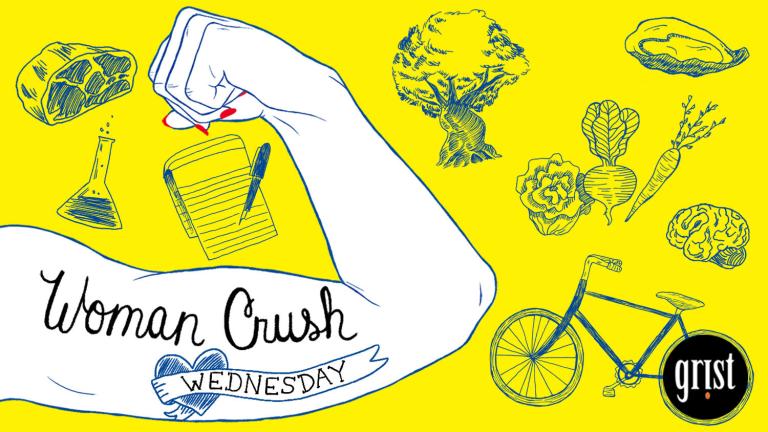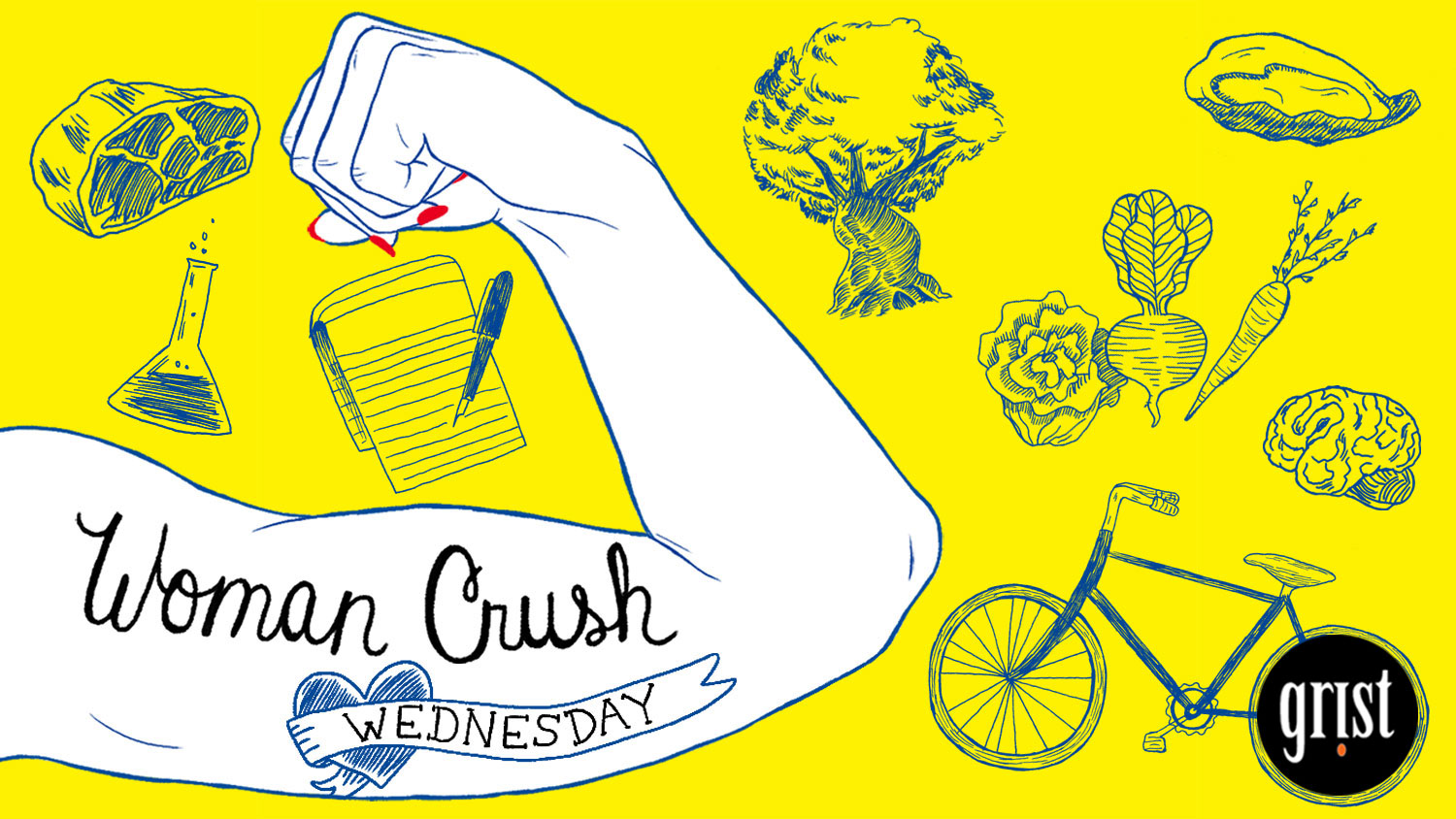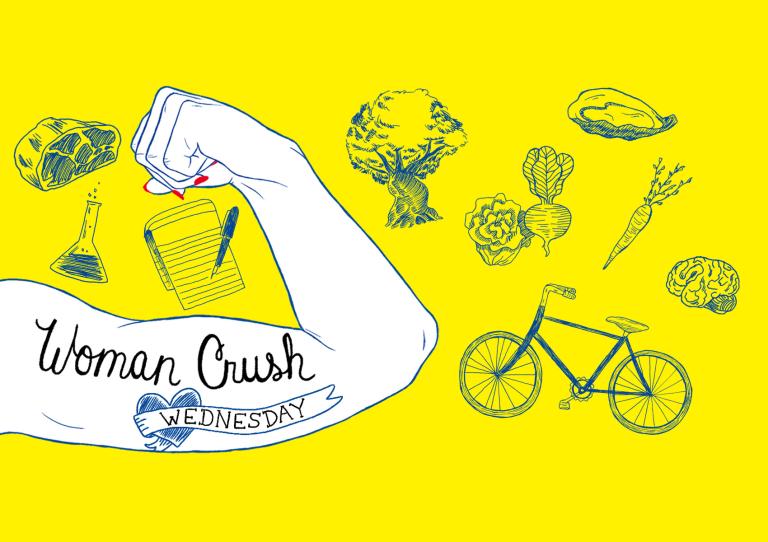Hello! This week, I’m taking over Woman Crush Wednesday from your regular hostess with the mostest (sorry), Madeleine Thomas. Madeleine still hasn’t recovered from Kathryn Schulz’s amazing but also fundamentally horrifying piece in The New Yorker, and last we saw her she was high-tailing it over the Cascades.
Kidding! She’s here and she’s fine (well, freaked out but fine), but Schulz’s piece raises some valid concerns. How do you deal with a massive pending disaster — especially when you have no idea when, or the extent to which, it’s going to all fall apart? First there was the earthquake piece, and then news of even more alarming predictions of sea-level rise — like, we-might-say-ciao-to-New-York-in-our-lifetimes alarming.
So, how do we deal? How do we — even if the planet can’t — chill the fuck out? I don’t pretend to have all the answers, but a good suggestion is to just keep focused on the projects and goals that are most important to you. If the world’s going to burn down, you might as well accomplish everything that you want to first.
On that note, here are our crushes for this week — women who, in the face of potential global disaster, are still doing very badass things:
- We’ll shout out former Grist editor Kathryn Schulz for her stellar reporting and superb writing in the piece that’s given everyone in the Grist office nightmares for months to come. But let’s also celebrate women who are working toward making the Pacific Northwest more earthquake-resilient — like Yumei Wang, geotechnical engineer for Oregon’s Department of Geology and Mineral Industries, who’s pushing for infrastructure upgrades in the Portland area. Portland is most likely to be hit hardest by the predicted earthquake. (The New Yorker)
- Not everything looks bad in Oregon: This month, Gov. Kate Brown signed bills that allow pharmacists to provide birth control pills without a doctor’s prescription and make it possible for women to obtain a year’s supply of pills at once. (Reuters)
- Mia Lindenhann, a Danish artist whose first solo exhibition (at Greenland’s Ilulissat Art Museum) explores her experience of how icebergs and trees (both of which are in diminishing supply these days) serve similar purposes in their environments.

Mia Lindenhann
- Tessa Hill, researcher at Bodega Marine Laboratory, who gave Mark Bittman a hands-on lesson on what ocean acidification is doing to oysters.
- Zandra Rhodes, the famously punk-inspired British fashion designer, and Safia Minney, the founder of People Tree, a Fair Trade, low-carbon garment manufacturer, who are launching a clothing line together. Minney says: “If you think the world’s population will soon be seven billion and we know unemployment is a growing issue around the world, it makes sense to use low-carbon-appropriate technology to create great fashion. Look at the only natural resource that we have in plentiful supply: people’s hands.”
Check back with us next week for more lady-driven inspiration!





